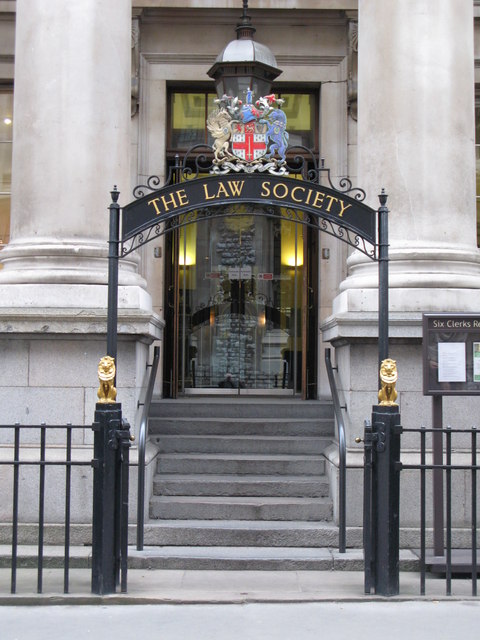The last Govt was constantly using secondary legislation to make fundamental changes to our legal and constitutional arrangements.
The Divisional Court has struck down one such outrageous act.
Essentially the old Govt was planning to means test defendants in the Crown Court. This would mean that more defendants had to pay for their legal representation. The knock on effect was that when these additional private paying defendants were acquitted they would apply for the state to pay their lawyer's costs (Defendant's Costs Order from Central Funds). The state paying out much more money to privately funded lawyers was threatening to be the unintended consequence of stopping providing legal aid to such defendants and indeed threatened to wipe out any savings in legal aid.
Accordingly there had to be action - so the Lord Chancellor (Straw) decided to make a statutory instrument (under a power designed to set moderate limits to the amount of privately paid costs which could be recovered) to end the right to full (well full subject to taxation) recovery of costs by limiting that recovery to no more which could have been recovered by way of legal aid. This meant that those from whom the State had taken away legal aid would have to stump up the cash to meet the shortfall between legal aid rates and private paid lawyers' rates if they had the good fortune to defeat the prosecuting state and be acquitted.
Solicitors got very upset because the old Govt justified the changes by saying that hopefully it would drive down private paying solicitors' rates to legal aid rates and change the whole market:
“21. Under this option, individual defendants and defendant companies would be liable for any difference between the refund of costs at legal aid rates and their actual expenditure on their case at the private rate they had negotiated with their solicitor and/or barrister. We estimate that in the magistrates’ court this could average in the region of £1,000, being the difference between the estimated average privately funded case (£1,500) and the average legally aided case (£500). In the Crown Court, we estimate that this could average in the region of £16,700, being the difference between the estimated average privately funded case (£19,500) and the average legally aided case (£2,800). In very high cost cases, this sum could be much higher. As illustrated by the example above, the difference could be as much as £11 million. While companies do not have access to legal aid and so have no choice but to pay privately for their defence, the impact may be mitigated if they have taken out insurance to protect them against such an action.
22. The impact on individual defendants may also be mitigated if implementation of the proposal resulted in downward pressure on private rates. Competition between providers for private clients and individual negotiations over rates could see private rates moving more closely into line with those available under legal aid, but we are unable to quantify the effect. This would result in a reduction in income for solicitors, barristers and firms. We cannot quantify the impact since we have no reliable data on private rates, although from research conducted in the magistrates’ court, based on a sample of bills paid from Central Funds we understand that they are in the region of three times more expensive than legal aid rates.”Because some small legal aid firms were only holding on to their business because every now again they recovered full private rates on an acquittal of a rich defendant - these reforms basically meant doom for many firms - so their professional body - the Law Society- decided to awake from slumber and take on Jack Straw and indeed they have won their judicial review -
Elias LJ was having none of it:
The new regulations involve a decisive departure from past principles. They jettison the notion that a defendant ought not to have to pay towards the cost of defending himself against what might in some cases be wholly false accusations, provided he incurs no greater expenditure than is reasonable and proper to secure his defence. Any change in that principle is one of some constitutional moment. It means that a defendant falsely accused by the state will have to pay from his own pocket to establish his innocence. Whatever the merits of that principle, I would be surprised if Parliament had intended that it could properly be achieved by sub-delegated legislation which is not even the subject of Parliamentary scrutiny.
In other words - only Parliament can take away important rights to compensation when a citizen is acquitted of the state's charges - and the Govt can't just erase those rights by delegated legislation.
Hurray for innocent criminal defendants!
Hurray for legal aid solicitors!
Hurray for our Constitution!
New Govt Take Note!
Full Judgment here


This was just one of the worst unjust outrages perpetrated by the sofa government of 1997-2010. Lets hope that there are many more to be struck down
ReplyDeleteIndeed, this was outrageous. The limited rights to legal representation in the Magistrates' Courts are another. Even these outrages pale into insignificance when viewed through the lens of New Labour's foreign affairs escapades. The amazing thing about the recent election is that Labour did far better than many expected and, for a moment or so, might have even teamed up with the LibDems to form a government.
ReplyDelete